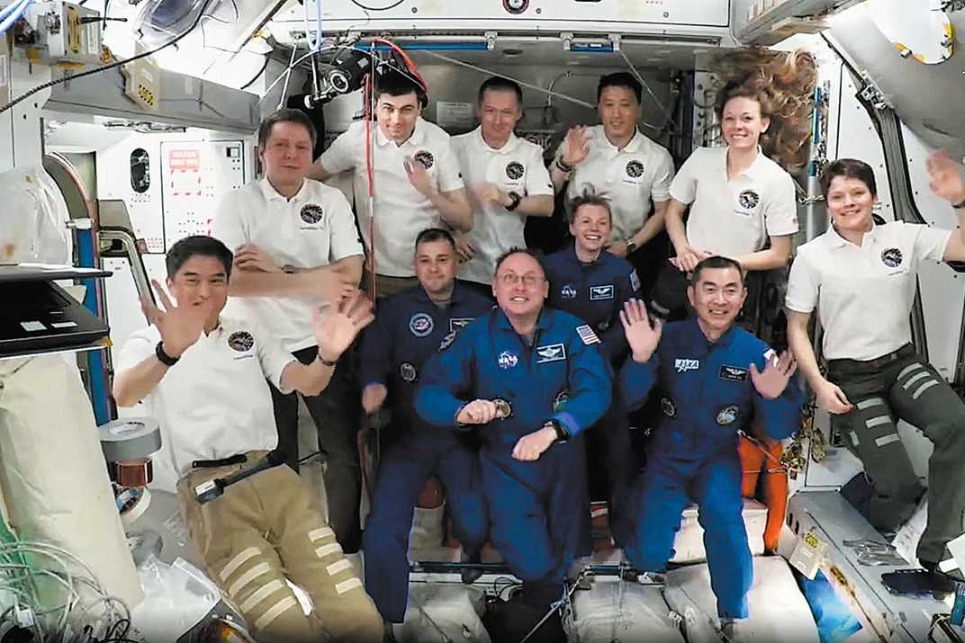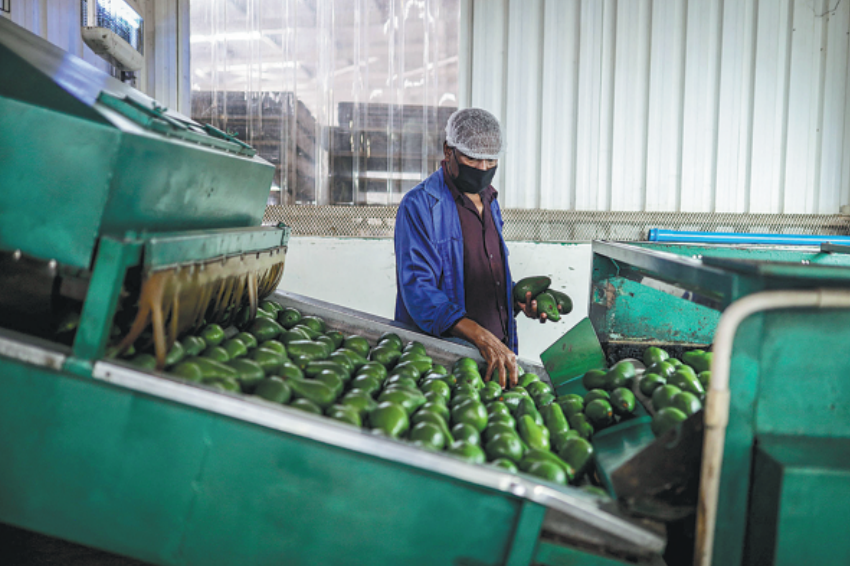China-Spain collaboration seen as crucial for ethical AI governance

China and Spain are two civilizations with profound historical and cultural heritages that can pool their intellectual strengths to build ethical governance frameworks for developing artificial intelligence, a Spanish academic says.
"Rapid advances in AI are making life easier for millions of people, but this has serious implications relating to inequality and discrimination," said Juan Manuel Corchado, president of the University of Salamanca in Spain.
"Without proper governance, AI may use data in ways that its owners do not consent to for developing such technology."
Corchado, an expert in AI, highlighted generative AI's transformative potential in many areas, including medical diagnostics and autonomous driving, but cautioned that "AI is a statistical tool devoid of human common sense, requiring ethical frameworks rooted in cultural wisdom".
He cited a book published by the University of Salamanca titled Two Cultures Under One Roof.
"Co-authored with Chinese colleagues, this book explores how certain concepts of Confucianism and 16th-century Salamanca School thinking are remarkably relevant to contemporary challenges and how philosophical principles from that era can inform our responses today."
In the 16th century huge inflows of gold from the Americas into Spain triggered inflation and economic changes. Scholars at the University of Salamanca, one of Europe's oldest and most prestigious universities, founded in 1218, began reflecting on these societal impacts, arguing against discrimination and calling for a new economic order to distribute wealth fairly. This aligns with Confucian teachings, which emphasize using common sense and economic morality to ensure equitable wealth distribution.
"Both Confucius and the Salamanca School scholars underscored the need for regulation to prevent marginalization, a challenge we now face with AI," Corchado said.
"Drawing on Spain's philosophical heritage from the Salamanca School and the cultural depth of Chinese civilization, we have many opportunities. This is why we advocate analyzing how our civilizations, with their profound historical trajectories, can collaborate and integrate ideas to advance such technologies."
Corchado was speaking during a three-day visit to Beijing aimed at deepening collaboration between the University of Salamanca and two of China's top institutions, Tsinghua University and Peking University, as well as China's Ministry of Education.
The University of Salamanca is one of few Spanish universities offering Sinology as a major, he said, underlining the institution's longstanding educational collaboration with China.
"Technological innovation requires global collaboration to make the world better," Corchado said, expressing hope that academic institutions in both countries will play ever greater roles in developing AI.

































